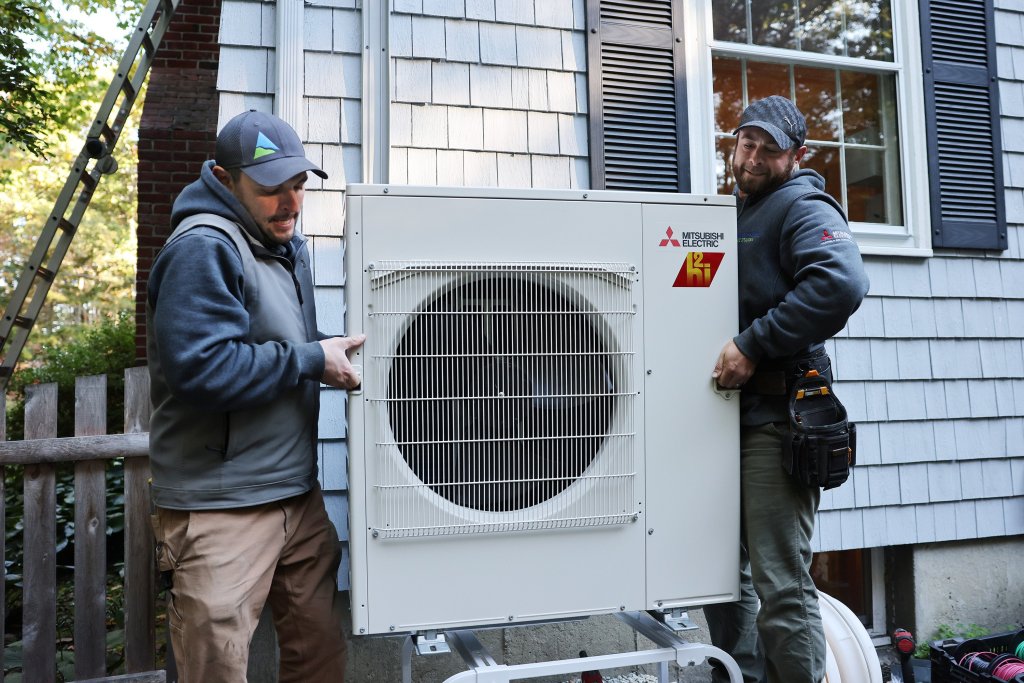Changes to energy tax credits could raise Maines electricity costs by 20%
3 minute readPublished: Thursday, June 19, 2025 at 8:00 am

Proposed Tax Credit Changes Could Hike Energy Costs in Maine
Federal legislation currently under consideration could significantly impact energy costs for residents. The House of Representatives has approved a budget bill containing provisions that would alter energy tax credits, potentially leading to increased electricity prices and hindering the growth of renewable energy initiatives.
The proposed changes involve accelerated sunsetting timelines for various energy credits. These credits, which incentivize solar panel installations, electric vehicle purchases, and energy-efficient home improvements, are slated for termination much sooner than previously planned. For example, the 30% tax credit for residential solar installations, originally set to expire in 2032, could end by the close of 2025.
These changes are facing scrutiny in the Senate, with some Republicans expressing opposition. Critics, including Dan Burgess, director of the Governors Energy Office, argue that these alterations would raise energy costs, impede infrastructure investments, and jeopardize jobs in the clean energy sector. A May report by Nera Economic Consulting projects that the proposed cuts could drive up household electricity prices by approximately 20% between 2026 and 2032. Natural gas prices are also predicted to increase.
The clean vehicle credit, which offers up to $7,500 for new electric vehicle purchases, is also targeted for early termination. The House bill proposes ending the program six years ahead of schedule and limiting eligibility to manufacturers with limited electric car production. Additionally, tax incentives for energy-efficient homes, including those for heat pump installations, are slated to expire at the end of the year.
The proposed changes also impact the Inflation Reduction Act's "direct pay" provision, which allows municipalities and nonprofits to receive payments from the IRS for renewable energy projects. This has spurred numerous projects across the state, including solar panel installations on municipal buildings and EV charger construction. The early termination of related tax credits could force these entities to reassess their plans.
BNN's Perspective: While the intention behind these tax credit changes may be to streamline the budget, the potential impact on Maine's energy costs and renewable energy development is concerning. A measured approach that considers the long-term economic and environmental consequences is crucial. Lawmakers should carefully evaluate the potential ramifications of these changes and consider the importance of supporting clean energy initiatives.
Keywords: Energy Tax Credits, Electricity Costs, Renewable Energy, Solar Panels, Electric Vehicles, Energy Efficient Homes, Heat Pumps, Inflation Reduction Act, Direct Pay, Maine, Tax Incentives, Energy Prices, Fossil Fuels, Clean Energy Jobs